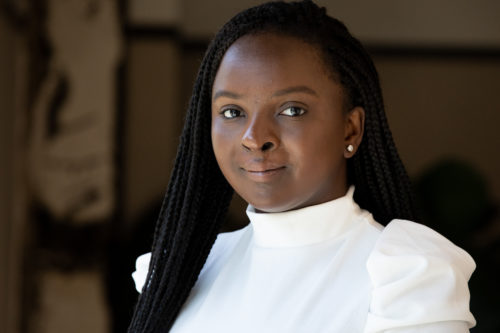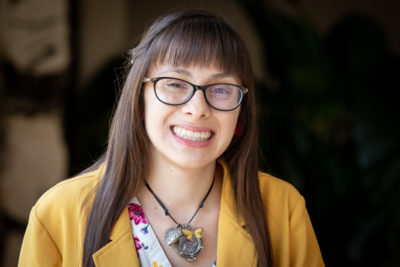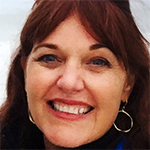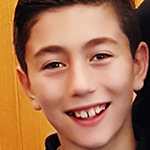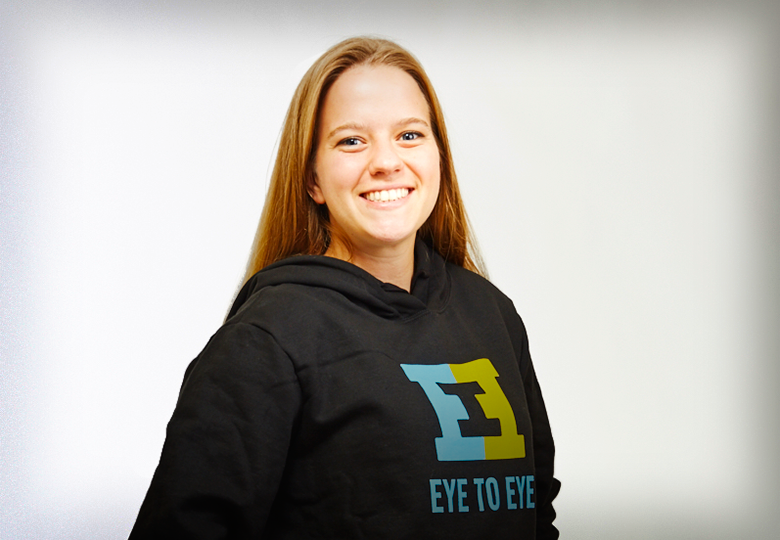Note: October is Learning Disabilities/Dyslexia/Attention Deficit Hyperactivity Disorder (ADHD) Awareness Month.

Alison Pankowski
Alison Pankowski currently trains teachers in her New Jersey district in the Wilson Reading System and is an International Dyslexia Association (IDA) Certified Dyslexia Therapist. She is the current Vice President of the New Jersey branch of the IDA. Mrs. Pankowski was a contributing member to the New Jersey Dyslexia Handbook, released in September 2017.
As a dyslexia specialist in my school district, I build the knowledge base of my colleagues regarding early identification, structured literacy intervention and essential accommodations for students with dyslexia.
I explain, often, that:
- “Yes, you can identify students at risk for dyslexia as early as five years old.”
- “Yes, teachers should provide instruction in phonemic awareness in second grade to continue to build reading skills.”
- “No, using audiobooks is not a crutch; it provides access to grade-level text for struggling readers and levels the playing field.”
While it is true that legislative efforts in my home state of New Jersey have helped to bring these types of conversations to the local school level, there is still much work to be done to ensure that our state dyslexia laws, enacted in 2013 and 2014, are implemented effectively.
There are still many persistent misconceptions about dyslexia, and much of the implementation gap exists because professionals cannot act upon what they do not know or understand.
The truth is higher education often does not include coursework on dyslexia in teacher preparation programs, so local education agencies must either figure out how to build capacity or wait until guidance is provided.
But where would this guidance come from?
In New Jersey, I was invited to join a group of individuals tasked with creating dyslexia guidance. This group consisted of practitioners with expert knowledge in the field of dyslexia, including learning disabilities teacher consultants, speech and language pathologists, psychologists, higher education professors, assistive technology experts, parents and N.J. Department of Education representatives.

New Jersey Dyslexia Handbook
We worked together for more than 19 months to create the “New Jersey Dyslexia Handbook” with the intent to:
- Build an understanding of dyslexia and related difficulties with written language;
- Demonstrate how to identify and remediate students with dyslexia and other reading difficulties; and
- Inform both educators and families in best practices to support students with dyslexia and other reading difficulties.
We met monthly to discuss how to best provide this understanding and specialized knowledge without overwhelming or alienating educators and families.
Our meetings involved thoughtful, often passionate conversations about what we had experienced or had heard from others around the state; both positive and negative, regarding how schools had chosen to implement the laws passed by the state.
Usually these discussions resulted in written revisions to chapters drafted on early screening, intervention, assessment, accommodations and assistive technology. These discussions then led to more discussions and more revisions!
As committee members with experience in the field, we met with educators and families across the state throughout the process to learn more about what guidance they were seeking and to assure them that it would be coming soon. We worked diligently to craft a resource that would provide best practices to meet the needs of their struggling readers.
The N.J. Department of Education released “The New Jersey Dyslexia Handbook: A Guide to Early Literacy Development & Reading Struggles” Sept. 25, 2017—just in time for Dyslexia Awareness Month in October.
My hope is that this handbook will be a giant step forward in closing the gap between the research on dyslexia and the implementation of best practices in the school and classroom.
Blog articles provide insights on the activities of schools, programs, grantees, and other education stakeholders to promote continuing discussion of educational innovation and reform. Articles do not endorse any educational product, service, curriculum or pedagogy.
